Albert Einstein said " Everyone is a genius. But if you judge a fish by its ability to climb a tree, it will live its whole life believing it is stupid. ". This quote from this famous physicist who needs no introduction is perfect to introduce the subject of this article. Article about Howard Gardner's theory of multiple intelligences. Before presenting this theory to you, let's set the context. You may or may not recognize yourself in the following lines.
There is this child in CM2 class who is not very good at school. We'll call him Alex. Alex is a very alert child who, unfortunately, has difficulties at school. It is with much too much effort that he manages to have barely 6 in mathematics and 8 in French. The teachers, his parents and even his classmates are wondering what can be done to help him raise his level. He sucks and will not succeed in life with such scores.
And yet, Alex loves music. Singing is his passion and the guitar is his favorite instrument. He knows all of Amir's titles by heart and dreams of meeting him later, when he grows up. Alex spends his time miming songs, creating rhythms, making sounds with his hands, his mouth and anything that can help him along those lines. On the other hand, around him, he receives reprimands such as "if only you could remember your lessons as well as those songs which don't bring you anything", or "instead of studying, you waste your time listening to music ".
Alex withdraws. He thinks he's unintelligent because he can't get good grades in school. If he doesn't put in the effort, he'll miss his life and be nobody later. So he abandons the music that comes naturally to him, to concentrate on what is imposed on him. Thus, Alex blends into the system, does studies that he does not like. And all her life, her dream of singing on a big stage with Amir crumbles over time. Alex isn't smart, that's how he sees himself.
Like Alex, many are fish that have been judged by their ability to climb a tree. Do not mistake yourself. I'm not saying that school is useless, but it is useful when it takes into account the aptitudes of the child. As Albert Einstein said, everyone is a genius. And this genius is expressed differently according to the type of intelligence of each one.
You can't judge a child's genius based on 2 types of intelligence, when it's been shown that there are 9. Howard Earl Gardner is a developmental psychologist, born on July 11, 1943 in Pennsylvania, United States. Professor of educational sciences at Harvard University and of neurosciences at Boston University, he is best known for his famous multiple intelligences theory, which came to revolutionize the world of education.
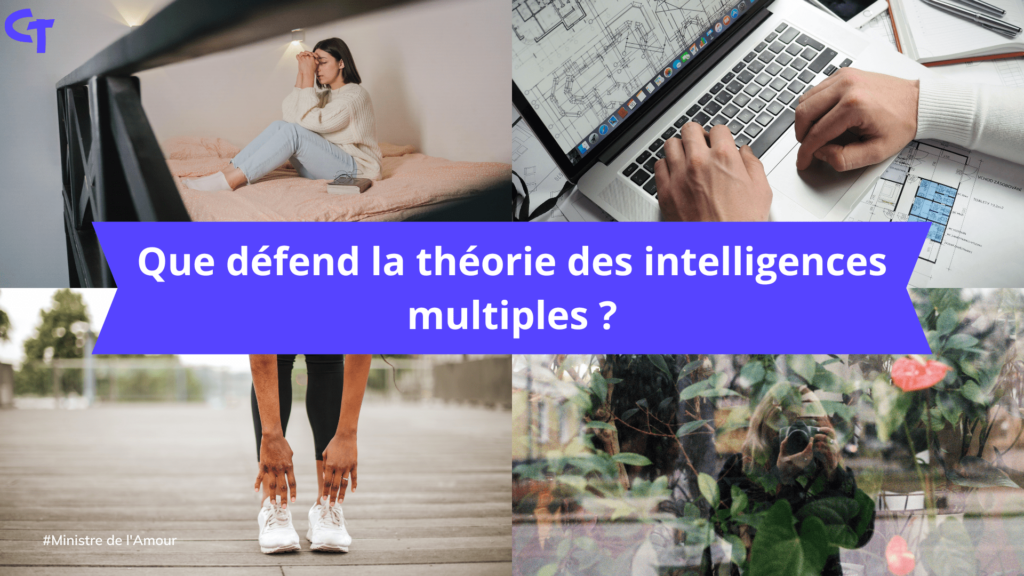
What does the theory of multiple intelligences defend?
The theory of multiple intelligences states that there are different intelligences in children and in adults. Contrary to the educational system in place for decades which keeps us in the linguistic and mathematical sciences, Howard Gardner will reveal to us in 1983 that there are eight types of intelligences, and that each one should detect his or hers, if we wants to thrive in society. In order to understand this theory, we should already know what an intelligence is.
According to Larousse dictionary, I'intelligence est l’aptitude d’un être humain à s’adapter à une situation, à choisir des moyens d’action en fonction des circonstances. En d’autres termes, c’est la qualité de l’esprit qui comprend et s’adapte facilement.
Understanding what an intelligence is, it is necessary to recognize that we are therefore all intelligent. Intelligence being the ability to understand and adapt easily, we are all intelligent in some way. For example, I could easily understand mathematics, but when it comes to contracting a text, I am lost. This shows that I have an intelligence for mathematics, but not necessarily for language.
We then come back once again to Albert Einstein who says " everyone is a genius ". Indeed, man adapts to all situations in life. On the other hand, everyone has circumstances that they deal with more easily than others. It would then be necessary to be able to recognize what his type of intelligence is, in order to fully express his genius. Why go and do what you don't want, when you have a hidden genius within you that is untapped?
Aware of these realities, Howard Gardner decided to do research that led to the theory of multiple intelligences. Thus, it turns out that there is 8 types of intelligence which are: logical-mathematical intelligence, linguistic intelligence, spatial intelligence, intrapersonal intelligence, interpersonal intelligence, bodily-kinesthetic intelligence, musical intelligence and naturalistic intelligence.
In 1993, Howard Gardner, doing further research, speaks of a ninth type of intelligence, which is existential or spiritual intelligence. Before presenting each of these types of intelligence, let's first answer the question: why is it important to be interested in the theory of multiple intelligences.
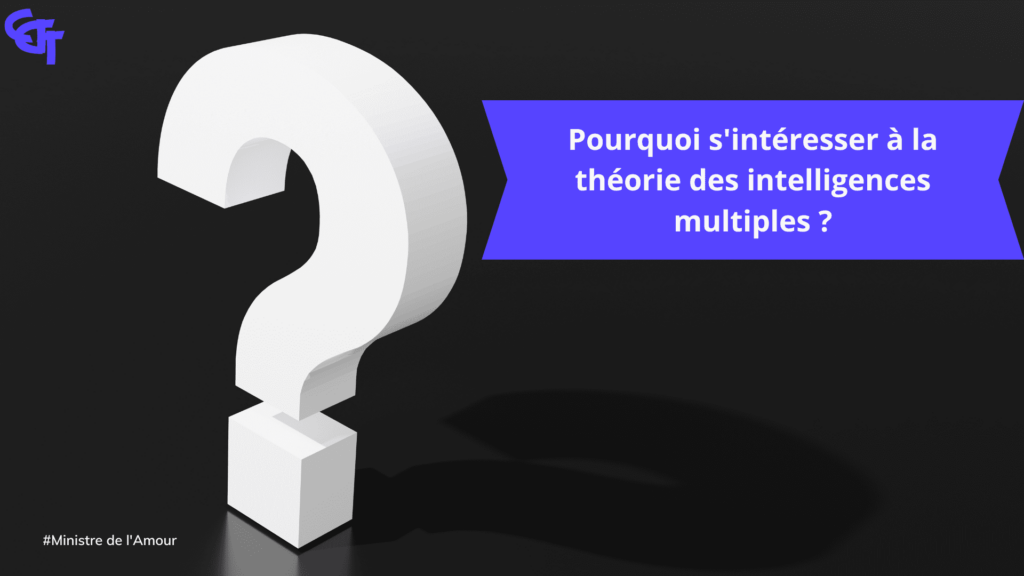
Why should we be interested in the theory of multiple intelligences?
Do you remember our example taken above? Alex is not just an imagined child that I wanted to present. I did know him, and Alex is just an assumed name so as not to expose him.
When we were little, Alex and I were neighbors. My sister was tutoring him and it was clear he wasn't doing well in school. Apart from the fact that he was not followed at home academically, Alex had a lot of trouble with numbers, he was rubbish, according to adults at the time. Thus, he grew up, aware of these false beliefs, and having accepted his fate: he was useless.
And yet, let's remember, Alex loved music. One year, he will go on vacation to an uncle in another city. The latter will notice the subtle way in which Alex could compose sounds, and retain the lyrics of songs. He will talk about it with the boy's parents who, at the time, wanted to criticize their son. On the other hand, the uncle will ask them for permission to take charge of him. Today, he has his baccalaureate and is studying music at the institute of fine arts in our country.
I tell you the story of Alex so that we become aware of the importance of knowing the theory of multiple intelligences. Alex had lost all hope of making music. He no longer believed in his dream of being able to sing with Amir. And thanks to his uncle, who was able to perceive his musical intelligence, he is studying which fascinates him. He can believe in his dreams.
Knowing about multiple intelligences helps us better guide children in their career choices. As parents or future parents, we must be able to support them every step of the way, and help them become the best version of themselves. That said, let's discover each of these intelligences. They can serve future generations, but also us. Perhaps you reconsidered a professional retraining.
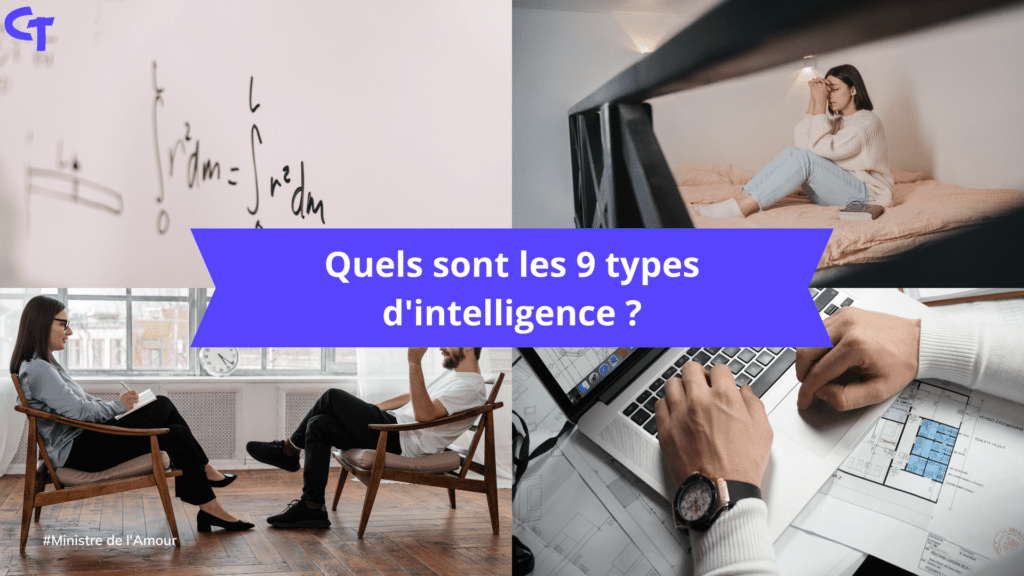
What are the 9 types of intelligence?
The different types of intelligence are grouped into 4 large groups which are: school intelligence (linguistics and logico-mathematics), action intelligence (interpersonal and intrapersonal), environmental intelligence (naturalist and musical) and methodological intelligence (spatiale et corporelle-kinesthésique) et l’intelligence existentielle qui n’appartient à aucun groupe.
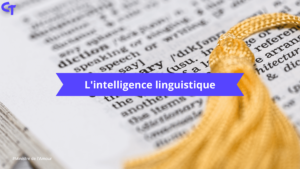
linguistic intelligence
Belonging to the group of school intelligences, linguistic intelligence is the first intelligence developed in children. It touches on everything that has a link with language, oral or written. It is then regularly used in everyday life. Linguistic intelligence is linked to the ability to think, with words and to use one's language to share and sometimes express complex ideas.
This intelligence is useful for communicating, but also for solving problems and creating. Journalists, writers, screenwriters, translators, professors, lawyers and any other lover of words, who manipulate them to practice professionally, are endowed with it.
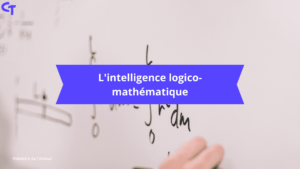
Logical-mathematical intelligence
People who have a developed logico-mathematical intelligence have this natural ability to demonstrate logic, but also to think concretely, to calculate and to measure. They easily manage to solve problems and find solutions to complex situations.
Toutefois, ce n’est pas parce que vous n’aviez pas de bonnes notes en mathématiques et sciences logiques à l’école que vous ne pouvez pas faire des liens logiques spontanément. L’intelligence logico-mathématique est toutefois reliée à la capacité d’analyser les causes et les conséquences d’un phénomène et d’expliquer le pourquoi des choses. Raison pour laquelle elle fait partie du groupe des intelligences scolaires. Elle permet de développer la logique de l’enfant.
People who have them generally work in jobs related to reasoning, numbers and analysis. They are programmers, engineers, scientists, electricians, etc.

interpersonal intelligence
People with interpersonal intelligence are naturally people-oriented. They are generally a good listener and a lot of empathy. Interpersonal intelligence makes it possible to identify and understand what others are going through, and thus allows the person to act and react appropriately.
Interpersonal intelligence thus calls for tolerance, cooperation and discernment. It serves to detect the intentions of others, without them being clearly expressed. People who have it generally become excellent social workers, teachers, traders, mediators.
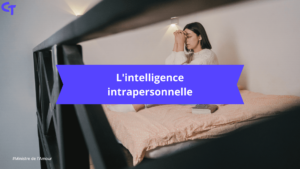
intrapersonal intelligence
This intelligence is centered on the interior and self-knowledge. It is she who makes the individual able to decipher his own emotions, to understand what is going on in him, to do introspection and analytical psychology.
People with intrapersonal intelligence are also endowed with the ability to experience a wide range of feelings and reflect on their actions. This intelligence is used, among other things, to know oneself, to orient one's own life and to evolve. If you recognize yourself in these lines, This article will certainly interest you.

naturalistic intelligence
You may know someone who loves spending time in nature. At home, you will find a small vegetable garden which she takes care of with great care. She loves to talk about plants, geography, ecology, environment and concrete and observable things. She could be gifted with naturalistic intelligence.
Gardeners, botanists, zoologists, veterinarians, are counted among those endowed with this type of intelligence.
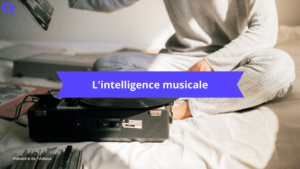
musical intelligence
This type of intelligence is characterized by an increased sensitivity to sounds, an ability to learn musical languages, but also to retain or create rhythms and melodies.
People who are endowed with musical intelligence know how to appreciate the intricacies of music. We find this type of intelligence in musicians and singers, but also in anyone working directly or indirectly in the music industry.
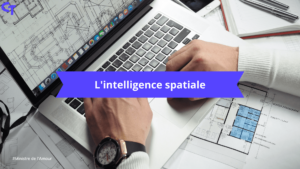
Spatial intelligence
Spatial intelligence is found in people who have the ability to memorize and visualize images. They can make mental representations of the world and easily locate themselves in space. A useful ability for people interested in architecture, photography, or even video game design.

Body-Kinesthetic Intelligence
Body-kinesthetic intelligence is related to the ability to use one's body to express oneself. People who are gifted are very comfortable in physical activities. Also, they understand how the body works and are very inclined to find ways to take care of it.
Thus, people who are endowed with this type of intelligence generally turn to dance, athletics, physiotherapy, surgery, and any other profession that requires understanding, but also an apprehension of the consequences of each movement.
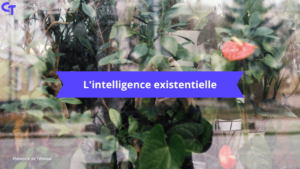
existential intelligence
Initially, Howard Gardner did not include this type of intelligence in his theory of multiple intelligences, because he did not consider it to be an intelligence in its own right. However, after extensive research, it has been found that many people have it.
It is the intelligence of philosophers and thinkers, but also of religious leaders, that drives people to question the origin, meaning and purpose of life. It is used in the moral debates that build society, but also in everyday life, allowing man to maintain a balance between his mind, soul and body.
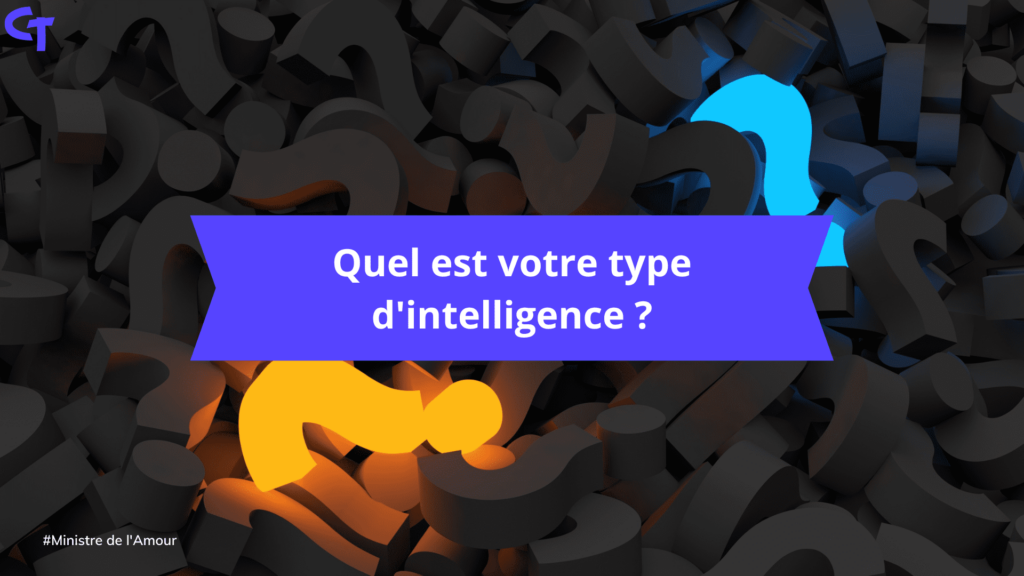
What is your type of intelligence?
It is important to note in conclusion that a person can be endowed with several intelligences at the same time. We are not necessarily locked in a box that dictates our life. Man, being ambivalent and diverse, is capable of accomplishing beautiful things, but also different from each other.
That said, you can find out what your intelligence type or types are by doing this online test Complete enough. Could you do this second test also to confirm your results. We will be delighted to read your results, which you will share with us in the comments.

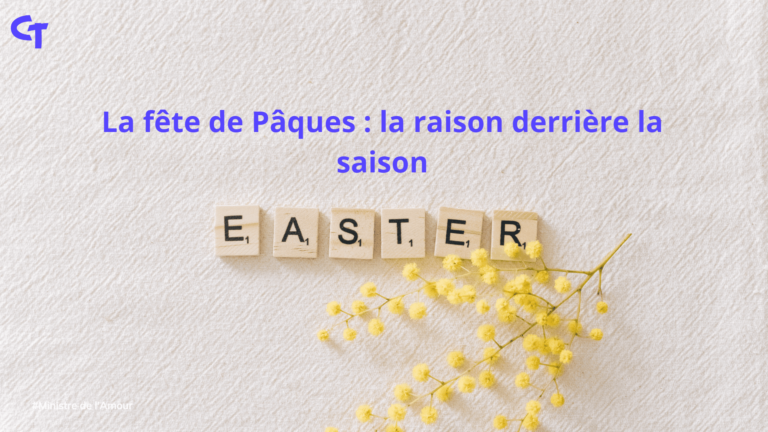
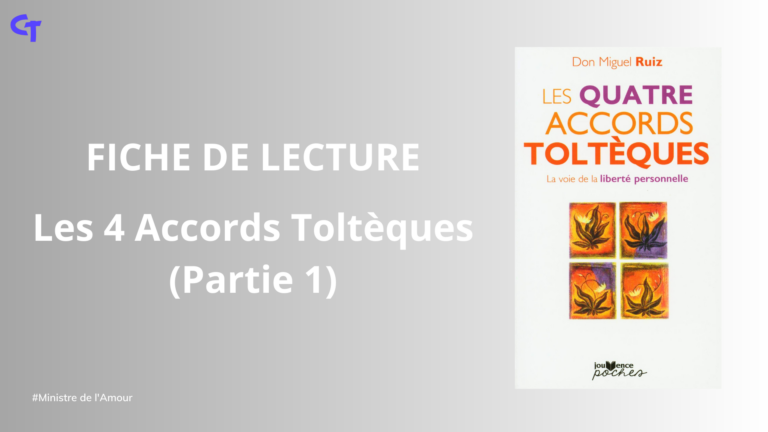

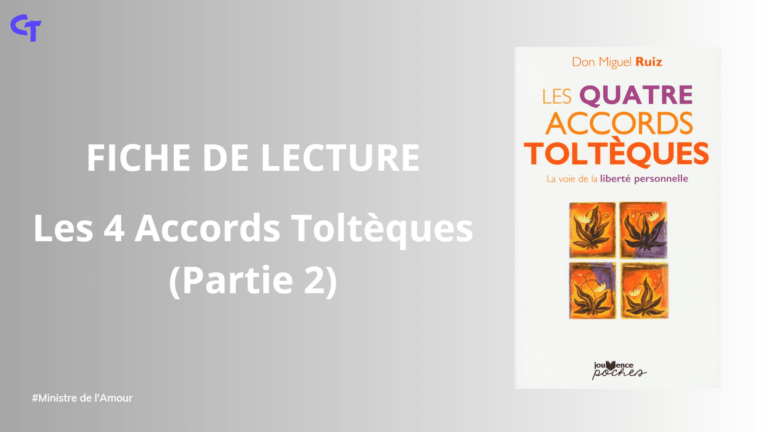

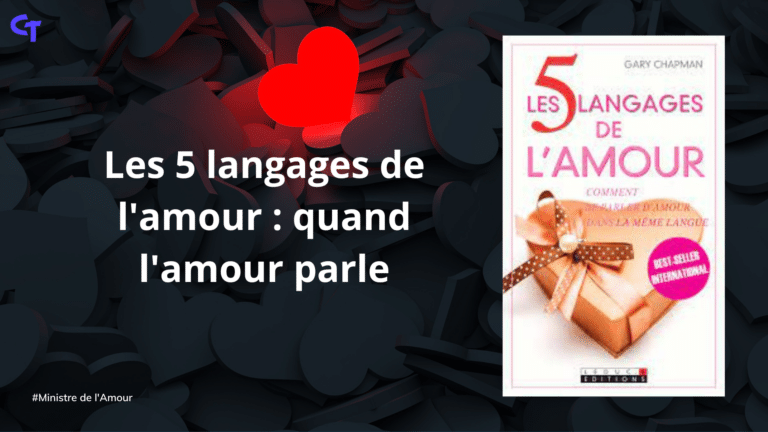

Très belle plume. J’ai lu jusqu’à la fin et à ma grande surprise, l’article est de toi. Félicitations 👏🏽